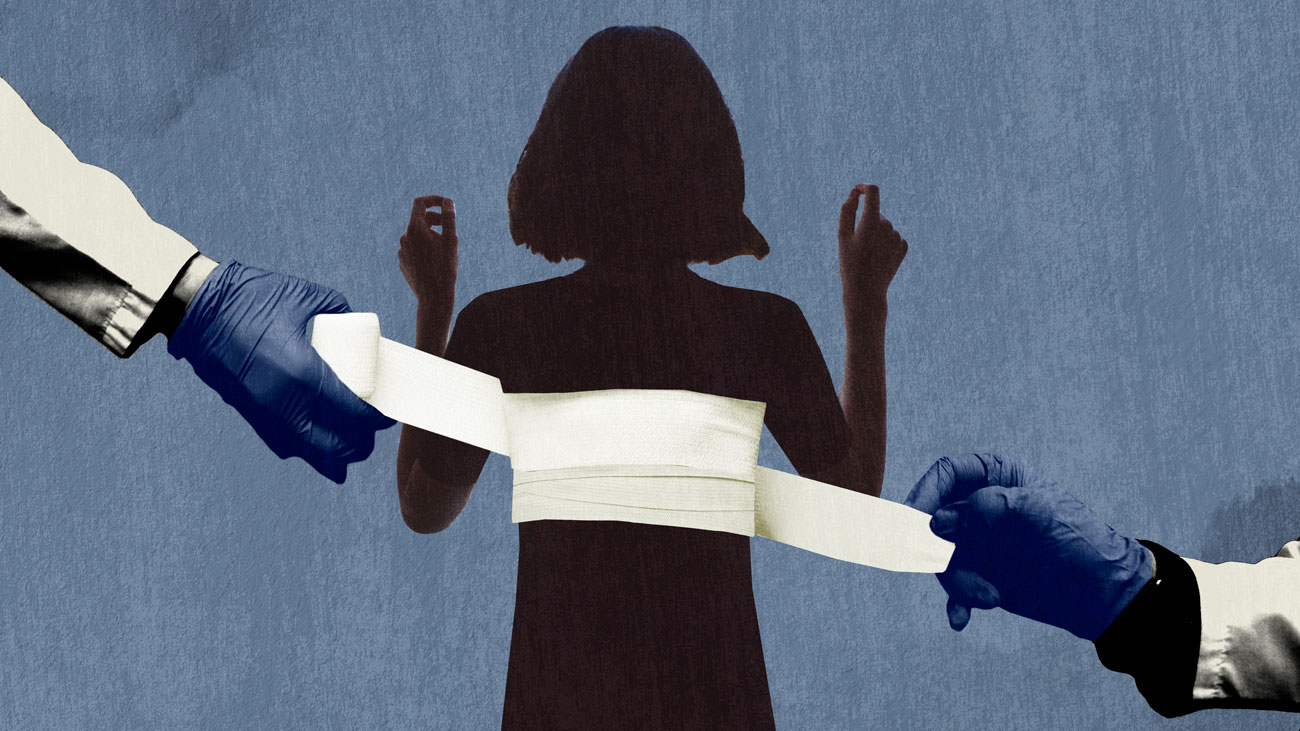Transcript: Dr. Joshua Gordon on "Face the Nation," Feb. 19, 2023
The following is a transcript of an interview with Dr. Joshua Gordon, the director of the National Institute of Mental Health, that aired Sunday, Feb. 19, 2023, on "Face the Nation."
MARGARET BRENNAN: There is a mental health crisis in our country and we are reminded of that frequently. For a closer look at what may feel to many like an epidemic, we want to bring in Dr. Joshua Gordon of The National Institute of Mental Health, which is the lead Federal Agency for research on mental disorders. Good morning to you, doctor.
DR. GORDON: Good morning.
MARGARET BRENNAN: I want to start on one of these triggers. You know, Senator Fetterman- Fetterman, a stroke survivor, checked himself into the hospital with clinical depression, and it has inspired a lot of people to talk about their experiences with depression. In his case, what are the symptoms of stroke induced depression?
DR. JOSHUA GORDON: The symptoms of stroke induced depression are pretty much the same as typical depression or depression that's not associated with stroke, low motivation, sadness, challenges with sleep, appetite, energy, loss of motivation, and the like.
MARGARET BRENNAN: So what is a reasonable expectation and timeline for someone's treatment? Do they get back to them- their old selves?
DR. GORDON: Fortunately, there are effective treatments for depression and those treatments do generally work for most people who have stroke induced depression. The timeline, though, varies tremendously from individual to individual, and it's hard to make a prediction in the senator's case.
MARGARET BRENNAN: What is the typical treatment for someone these days? Is talk therapy still strongly believed in? Is medication more prescribed these days?
DR. GORDON: Well, given the typical severity of post-stroke depression, most- most mental health professionals would recommend a combination of medication and what we call psychosocial or psychotherapeutic interventions. So yes, talk therapy is still used, it is a very effective tool for depression, as are medications. And if the patients don't respond to talk therapy or medications, there are additional options to try.
MARGARET BRENNAN: You know, there's- there was this recent CDC study about teenage girls, which was really sobering. It said nearly three and five US teens, teen girls, feel persistently sad or hopeless, double that of boys, representing a 60% increase, the highest level reported over the past decade. What is going on with young girls?
DR. GORDON: Well, it is, it is truly a tragedy. It is truly a crisis. And we desperately need to do something about it on a societal level. And on community levels. The "what is going on question" is one that we can't fully answer at this point. A lot of people think, Oh, it must be the pandemic and its effects. But if you look at the surveys that the CDC has been conducting for the last decade or more, you can see the slow rise in levels of symptomatology, particularly amongst teenage girls, goes back long before the pandemic started. So there are a number of contributing factors. But on the whole, it's a complex picture that we don't fully understand.
MARGARET BRENNAN: So what are parents supposed to do?
DR. GORDON: That's a great question. First and foremost, parents need to talk to their kids, they need to listen, they need to ask questions about how they're feeling. And if they're worried, they do need to ask the question, are you thinking about hurting yourself or killing yourself? So that's the first thing, is ask questions. And the second thing, listen to the responses and try to be there for your kids. If the answers suggest that your child is having more trouble than your- than- than you think, or is thinking about harming themselves, or is otherwise having challenges, going to school and getting good grades, etcetera. Then parents should seek professional help.
MARGARET BRENNAN: Doctor, thank you for your professional insight. We'll continue monitoring it and we'll be right back.



